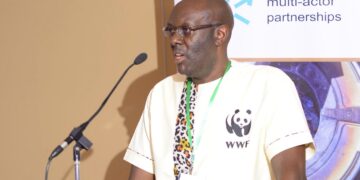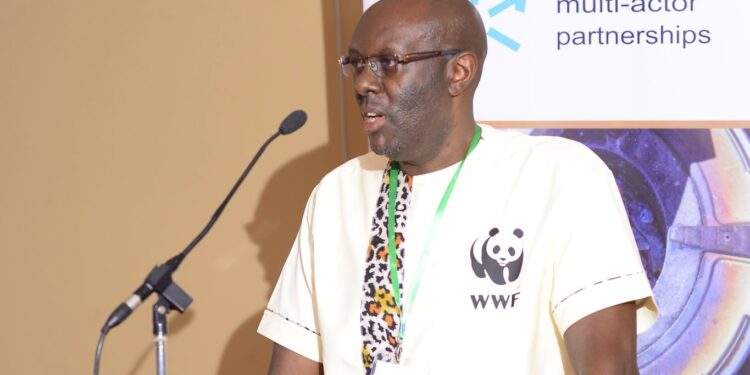The World-Wide Fund for Nature (WWF) is set to make a significant impact at the highly anticipated Africa Food Systems Annual Summit (AFS) 2024, scheduled to take place from September 2 to 6 in Kigali, Rwanda.
This year’s summit, themed “Innovate, Accelerate and Scale: Delivering Food Systems Transformation in a Digital and Climate Era,” presents a crucial opportunity for WWF to advocate for sustainable and climate-resilient food systems across Africa.
The Africa Food Systems Annual Summit is an event convened by the Alliance for a Green Revolution in Africa (AGRA) alongside key African governments.
Hosted by His Excellency President Paul Kagame of Rwanda, the forum is a pivotal gathering for leaders in the agriculture and food sectors from Africa and beyond.
It provides a platform to establish long-term strategies for transforming Africa’s agriculture and food systems.
“This summit is a pivotal moment for us to engage with policymakers and influencers on the urgent need to align our food systems with ecological and climate resilience goals,” said Ivan Tumuhimbise, Country Director of WWF Uganda. “This alignment is crucial for securing a sustainable future for both people and nature.”
He noted that they are to emphasize the protection of Africa’s critical ecosystems, which are vital for the continent’s food systems.
The organization aims to mobilize participation from policy and food systems teams to advocate for nature-positive solutions and integrate climate resilience into agricultural practices.
“Our goal at this year’s Africa Food Systems Annual Summit is to ensure that African leaders and stakeholders recognise the essential connection between healthy ecosystems and sustainable food systems,” said Nancy Rapando, Africa’s Food Future Initiative Lead.
She added, “We must adopt nature-positive solutions that will not only safeguard our environment but also enhance the resilience and productivity of our agriculture.”
The event will also be used to underscore the critical need for Africa’s food systems to be resilient and sustainable, considering the diverse factors driving change, such as climate change, population growth, urbanization, and shifting diets.
- Latest









